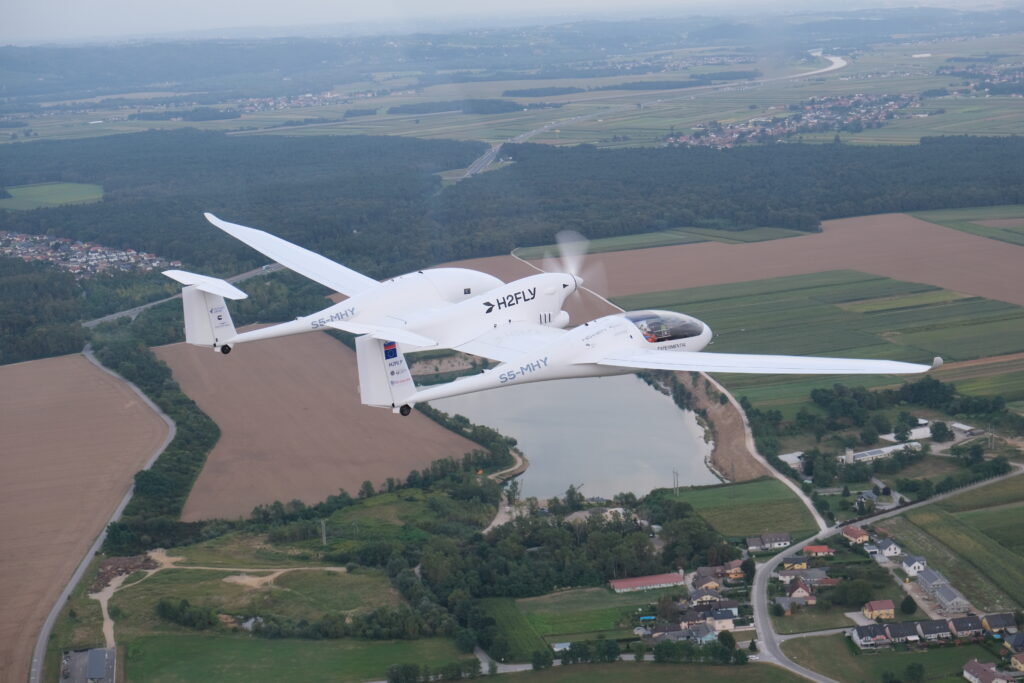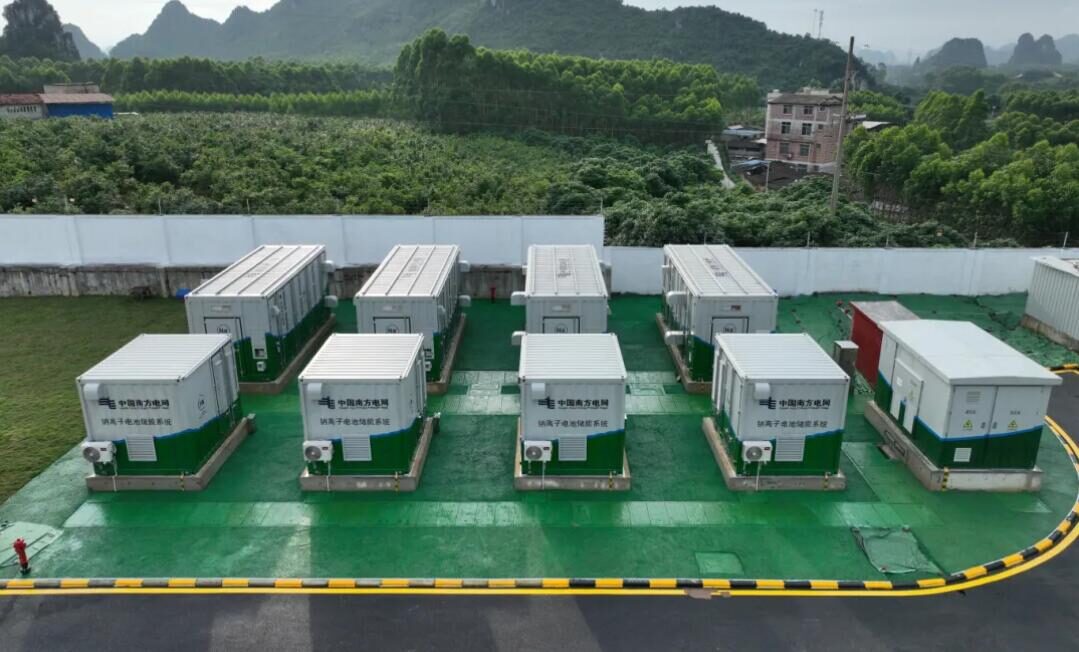H2FLY has completed what it calls “the world's first piloted flight of a liquid hydrogen-powered electric aircraft.” The flight near Maribor, Slovenia, is part of a test campaign. The Stuttgart-based company's HY4 demonstrator aircraft is a piloted plane with an electric fuel cell propulsion system powered by cryogenically stored liquid hydrogen. “Results of the test flights indicate that using liquid hydrogen in place of gaseous hydrogen will double the maximum range of the HY4 aircraft from 750 km to 1,500 km,” said H2FLY. It now wants to scale up its tech for regional aircraft. The test campaign also involves Air Liquide, Pipistrel Vertical Solutions, the German Aerospace Center, EKPO Fuel Cell Technologies, and Fundación Ayesa.
Solaris has secured several hydrogen bus orders in Italy. TPER, Bologna's municipal public transport operator, will purchase 130 Urbino12 hydrogen buses, with an option to extend the order by an additional 140 vehicles. The 70 kW fuel cell will derive hydrogen from five composite tanks on the bus roof. The full tanks can hold 37.5 kg of hydrogen. The first batch of 37 vehicles will be delivered in 2024, and the rest in the 2025-26 period. Venice's transport operator, Azienda Veneziana della Mobilità, has also ordered 90 hydrogen Solaris buses, with 75 of them being the 12-meter Urbino12 version. “These vehicles will be delivered to Venice gradually, starting from November 2025, and the deliveries will be completed in the first weeks of 2026,” said Solaris.
Tanaka has signed a technical assistance deal with Chengdu Guangming to bring its fuel cell electrode catalyst manufacturing technologies to China. The Japanese precious metals producer will install production equipment at the Ya'an Guangming Paite Precious Metal plant and intends to begin full-scale production in summer 2024. The companies aim to launch fuel cell electrode catalyst production for the Chinese market by the end of 2025. Tanaka is manufacturing electrode catalysts for polymer electrolyte membrane fuel cells (PEFCs) and polymer electrolyte water electrolysis (PEWE) using platinum and iridium.
UHL has set up a joint venture with PWRH2 in Shenzhen, China, to sell hydrogen generators in Australia, the United Kingdom, Europe, and North America. UHL executed the deal through one company of its group, which now owns 35% of the Chinese production company. The Australia-based hydrogen conglomerate said it will target customers in the United Kingdom, North American, the Asia-Pacific, and Europe, given the advanced hydrogen infrastructure in these markets. It said that expanding its presence will be instrumental in achieving its planned stock listing in the fourth quarter of 2023.
NGEL, a wholly owned subsidiary of India's NTPC, has signed a deal with Nayara Energy to explore opportunities in the green hydrogen segment. NTPC is India's largest power utility, with a total installed capacity of more than 73 GW.
This content is protected by copyright and may not be reused. If you want to cooperate with us and would like to reuse some of our content, please contact: editors@pv-magazine.com.



1 comment
By submitting this form you agree to pv magazine using your data for the purposes of publishing your comment.
Your personal data will only be disclosed or otherwise transmitted to third parties for the purposes of spam filtering or if this is necessary for technical maintenance of the website. Any other transfer to third parties will not take place unless this is justified on the basis of applicable data protection regulations or if pv magazine is legally obliged to do so.
You may revoke this consent at any time with effect for the future, in which case your personal data will be deleted immediately. Otherwise, your data will be deleted if pv magazine has processed your request or the purpose of data storage is fulfilled.
Further information on data privacy can be found in our Data Protection Policy.